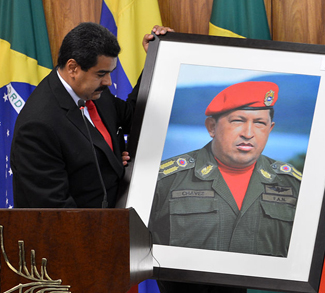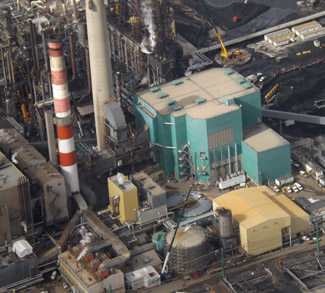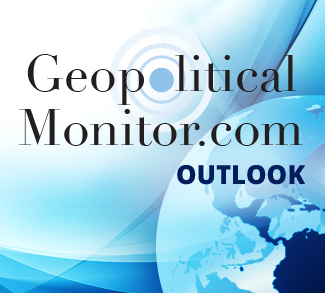Back in August, RBC Capital Markets identified a “fragile five” of oil-producing countries that are being hit particularly hard by the OPEC-shale price war. The Five are Libya, Iraq, Nigeria, Venezuela, and Algeria – all of which have economies that are wholly reliant on energy exports and all of which are suffering various degrees of political instability. Now four months on, oil prices are still flat-lining with no hope of recovery. So what does this mean for the “fragile five”?
Libya
This country’s membership in the “fragile five” is peculiar; really there should be a “fragile four” and a “broken one” – Libya. Since the toppling of Gaddafi, Libya has splintered into a byzantine patchwork of warring political and tribal factions (the main ones are highlighted here in this Geopoliticalmonitor map). At any given moment, the individual tanker terminals, pipelines, and oil and gas fields of the country’s once great energy industry are either offline due to fighting or under the control of a local militia. Although there’s no national government to speak of, Libya is still producing around 440,000 barrels per day (bpd), and exporting anywhere from 260,000-360,000 bpd – most of which ends up in the hands of the two rival governments based in Tobruk and Tripoli. Outside mediators have been desperately trying to bring the two together in a unity government and close this growing nexus of terrorism and trafficking in the MENA region, but still there is no agreement in sight.
Iraq
Iraq’s vulnerability is twofold: it needs oil revenues to rebuild the war-torn country and develop its oil infrastructure, but it is locked in an expensive struggle against an ISIS/Sunni insurgency in the north of the country. These security questions form a feedback loop with fiscal ones by driving up the cost of insurance, security, and labor, making it harder and harder for the government to operate.




